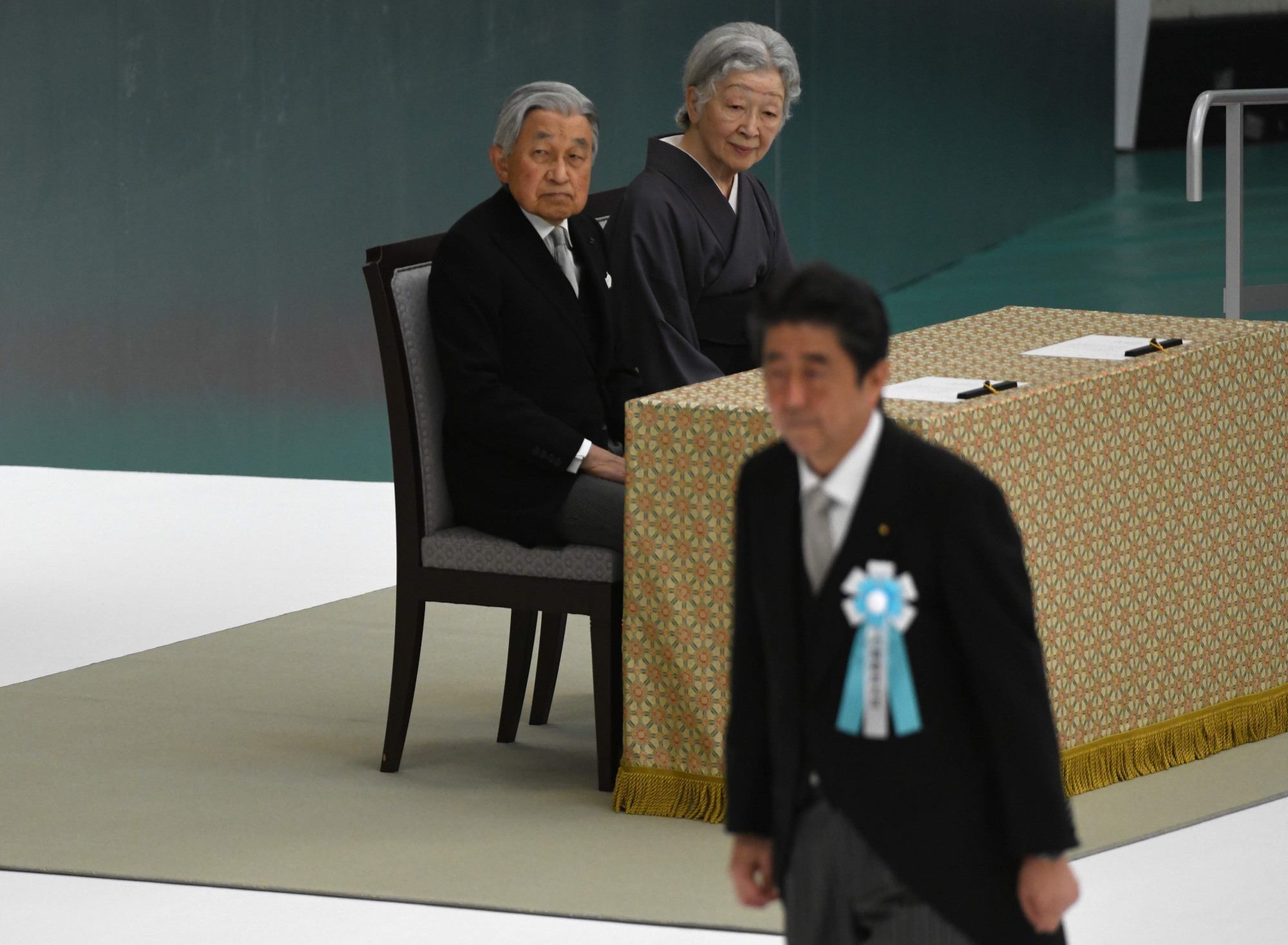In Japan, a gengo (the name of an Imperial era) is set for the duration of each emperor's reign. The current Heisei Era started in 1989. Next year, the name of the next era will be introduced upon the abdication of Emperor Akihito. This year, 2018, falls on the 30th year of Heisei, and the mass media is awash with feature articles and programs looking back on the past three decades.
As I look back on the 30 years of Heisei from the viewpoint of the economy and economic policy, two important lessons emerge. Generally speaking, social security reform, immigration policy and deregulation are cited as key items on the nation's policy agenda going forward, and the two lessons point to serious problems that need to be overcome as we try to resolve those policy challenges.


















With your current subscription plan you can comment on stories. However, before writing your first comment, please create a display name in the Profile section of your subscriber account page.